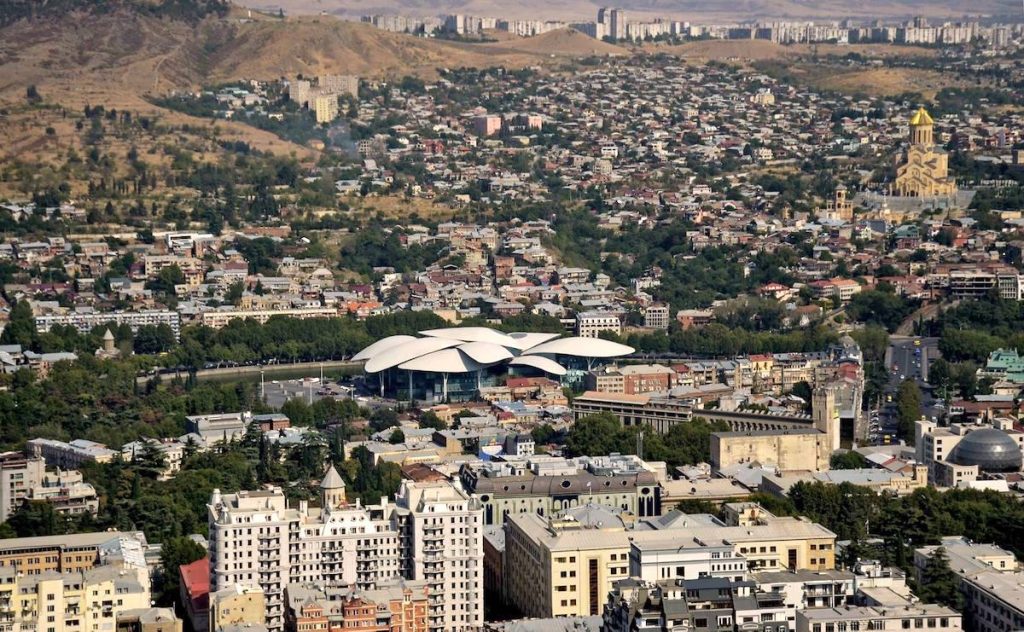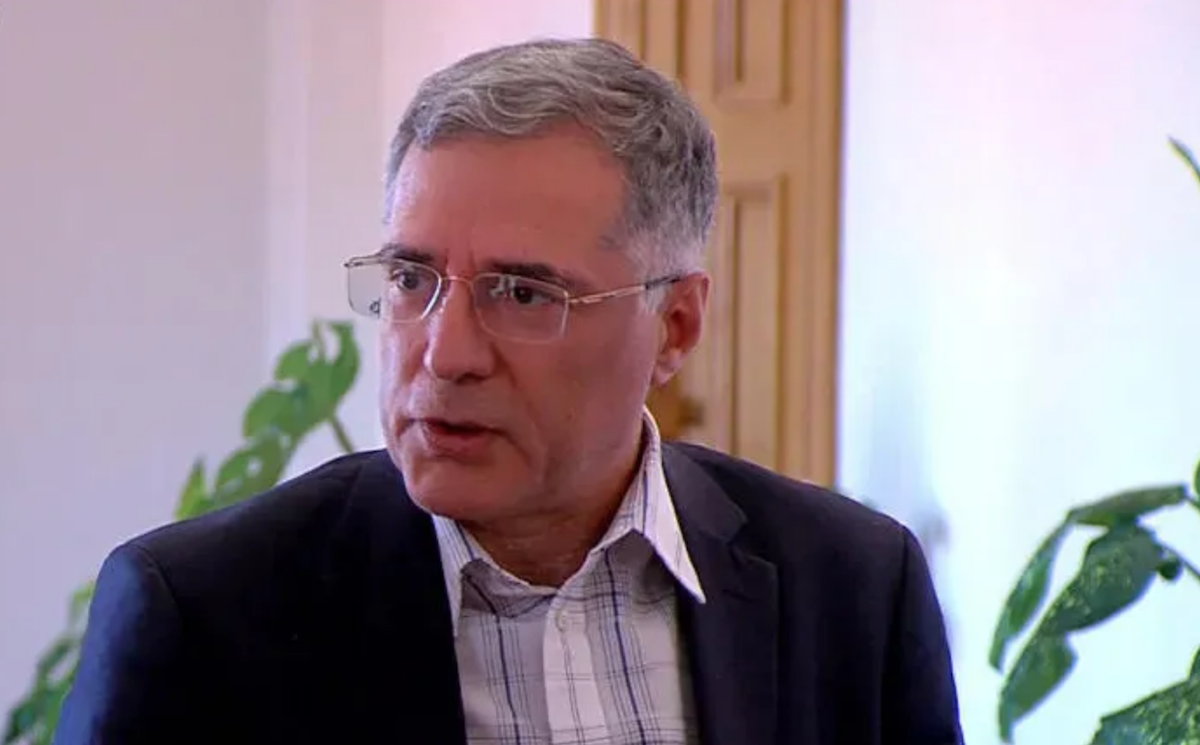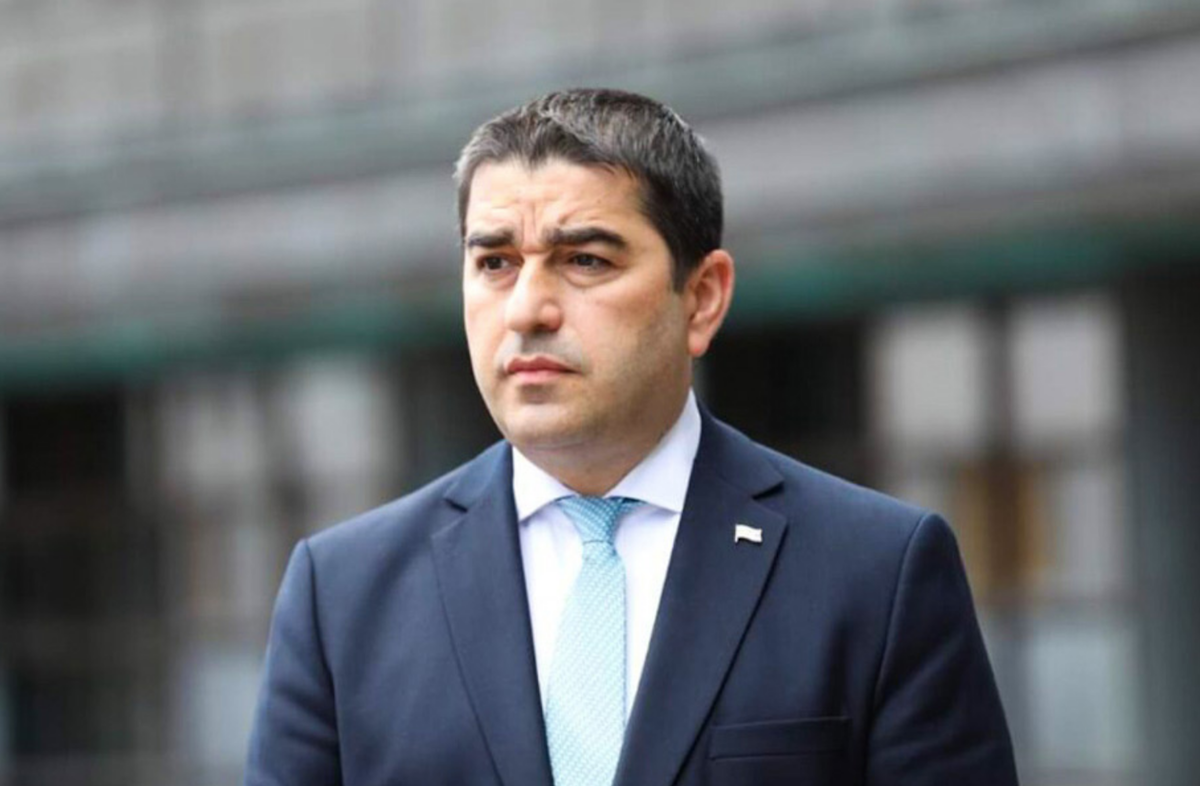Tbilisi and three other cities in Georgia quarantined
From the evening of April 15, the capital of Georgia, Tbilisi, and the three largest cities of the country, Kutaisi, Batumi, and Rustavi, will be closed for quarantine for 10 days.
The state of emergency will also be extended until May 10.
“On April 14, 30 new cases of coronavirus infection were detected in Georgia. This is the highest rate since the outbreak. The country has begun the stage of internal spread of the virus, and immediate measures must be taken to prevent the growth of cases of the disease,” said Prime Minister Giorgi Gaharia at a press conference on April 14.
As of April 14, 266 cases of coronavirus infection were detected in Georgia. 67 people have recovered, three have patients died.
Extension of the state of emergency
A state of emergency was declared in Georgia on March 21 and was set to last until April 18 inclusive.
Prime Minister Giorgi Gakharia says the Georgian president will soon address the parliament with a proposal to extend the state of emergency until May 10.
- Coronavirus has spread to the Georgian clergy
- Coronavirus in the Caucasus. Live updates
- Praying alone: Easter in Echmiadzin, the spiritual capital of Armenia
Under the state of emergency regime, everything is closed in Georgia, except for grocery stores and pharmacies. All public transport, including the subway, has been suspended. On March 31, curfew was imposed throughout the country, from 9 p.m. to 6 a.m.
Because of the danger of internal outbreaks, the cities of Marneuli, Bolnisi and Lentekhi have already been completely quarantined, as well as four villages in the coastal Kobuleti district – Gvara, Mukhaestat, Legva and Tskhavruk.
Isolation of major cities and a possible temporary ban on visiting cemeteries
Starting 21:00 on April 15, entry into and exit from Tbilisi, Rustavi, Batumi and Kutaisi will be prohibited for 10 days.
In urgent cases, an exception may be made. To obtain special permission to leave the city or enter it, you need to call the hotline number 144.
The government is also considering a temporary ban on visiting cemeteries throughout Georgia.
This ban will be associated with the tradition of visiting the graves of relatives on days associated with the celebration of the Resurrection of Christ – Easter. Such massive crowds are dangerous in the days of the spreading epidemic of coronavirus.
According to the Prime Minister, the decision to possibly close cemeteries (both municipal and private) for visits will be made in the next two days.
Church on Easter night: “do not bring the situation to a crisis”
It is not planned to close churches on Easter night, the prime minister said and urged the people of the country to “be wise” and not put the state and the Georgian Church in a difficult position.
“Let’s protect our church and not force clergy to make difficult choices,” said Giorgi Gaharia.




















